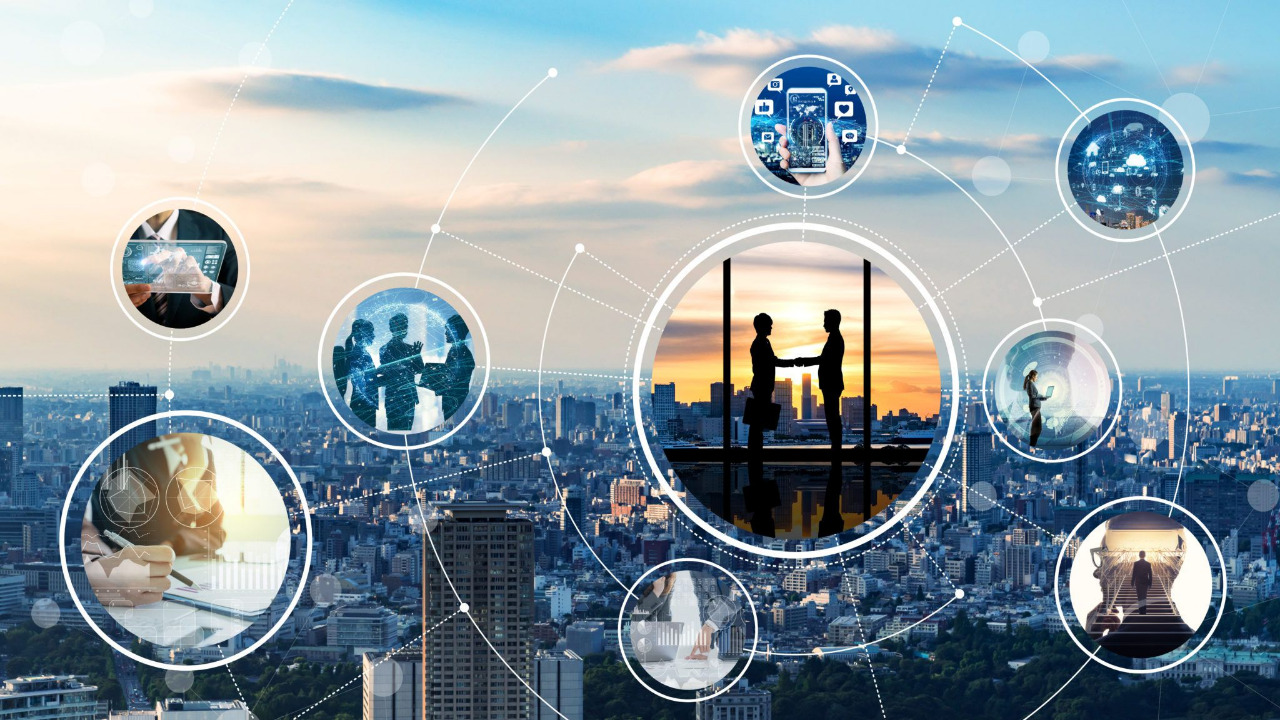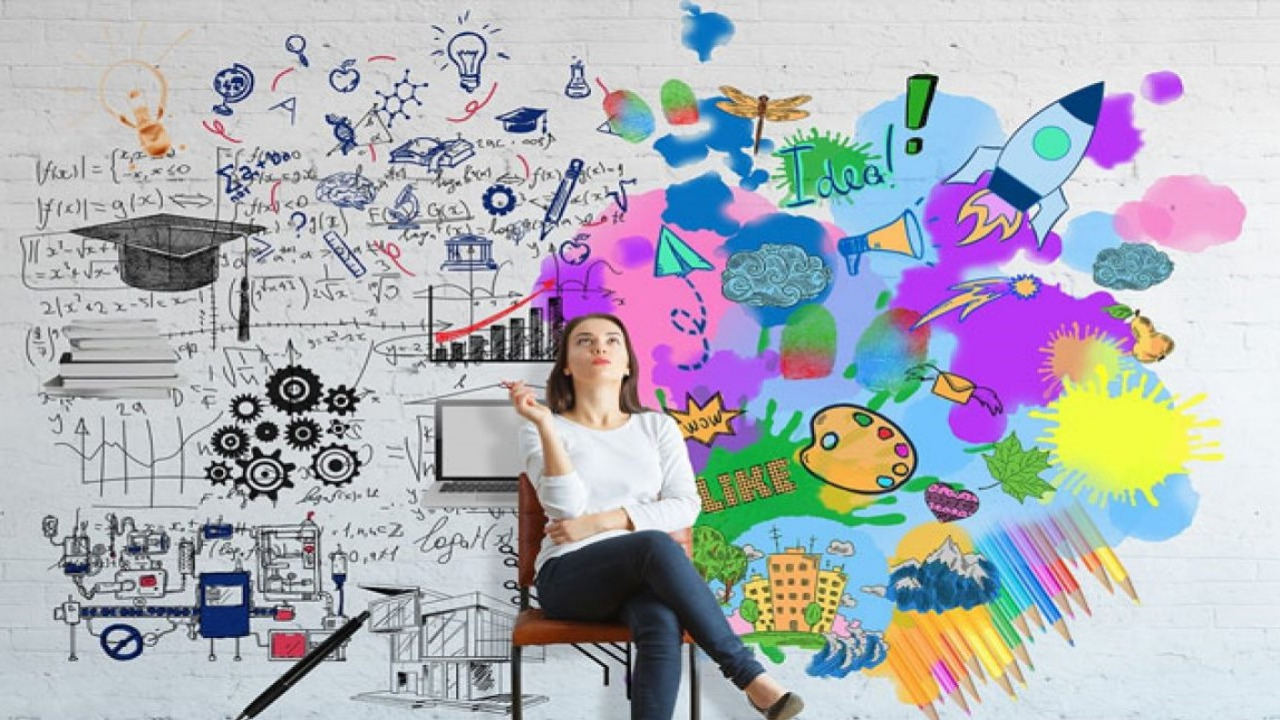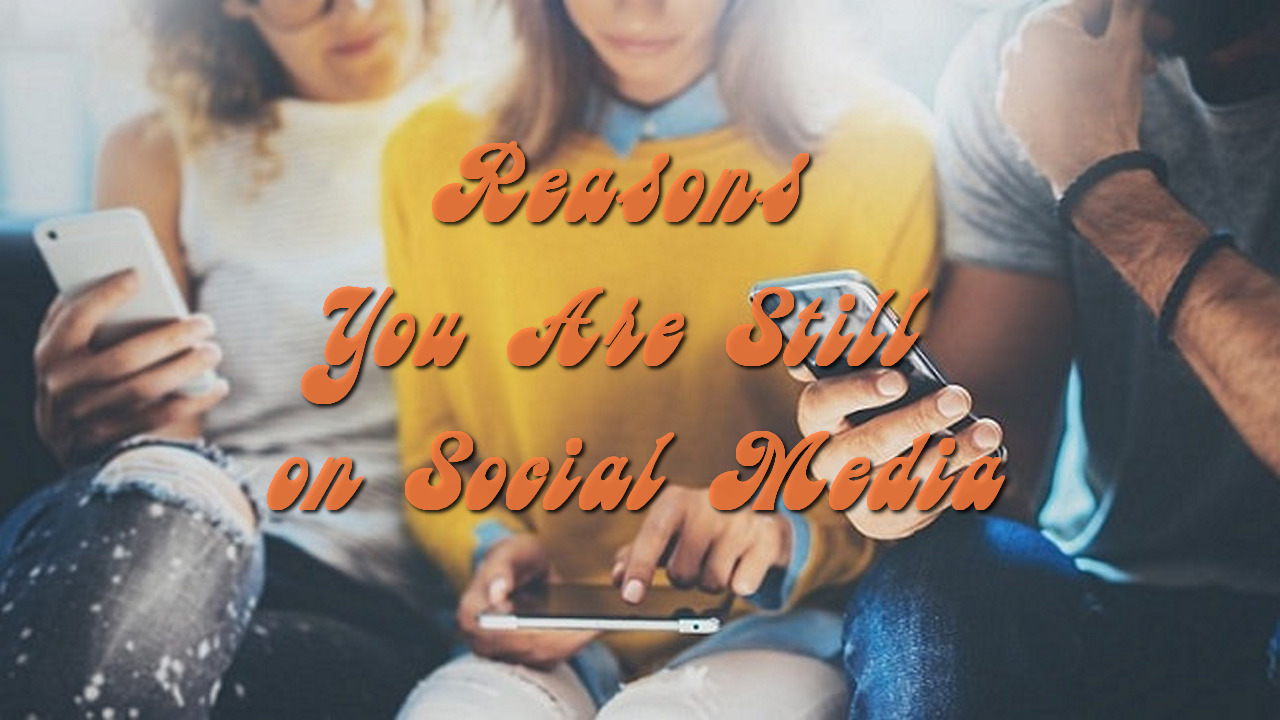Social media has become an integral part of modern life, with billions of people worldwide actively engaged on various platforms. Despite occasional debates about its impact on mental health, privacy concerns, and the spread of misinformation, many individuals still find themselves actively using social media. Several compelling reasons contribute to this ongoing engagement, demonstrating that social media has become more than just a digital pastime—it has become a powerful and interconnected social fabric.
Staying Connected With Friends and Family
One of the primary reasons people continue to use social media is to stay connected with their friends and family, especially those who are geographically distant. Social media platforms offer a convenient way to share updates, pictures, and experiences, bridging the physical gap and maintaining relationships that might otherwise fade away due to time and distance. Buying TikTok comment packages also allows you to be trendy and up-to-date while connecting with your close ones.
Networking and Professional Opportunities

Social media platforms have evolved beyond merely being personal networking tools. Professionals from various industries utilize platforms like LinkedIn to expand their network, seek job opportunities, and showcase their expertise. The digital space has opened up new avenues for career growth and collaboration, making it essential for individuals to remain active on social media.
Access to Information and News
Social media serves as a vast repository of information, enabling users to stay updated on the latest news, trends, and events worldwide. In an era of rapid information dissemination, platforms like Twitter, Facebook, and Reddit have emerged as reliable sources for real-time news, often breaking stories ahead of traditional media outlets.
Entertainment and Content Consumption
Social media platforms offer a seemingly endless stream of content tailored to users’ interests. From amusing memes to informative articles, engaging videos, and entertaining live streams, social media caters to diverse preferences, providing a constant source of entertainment and enrichment.
Expression of Identity and Creativity

For many users, social media is a canvas for self-expression and creativity. They share their thoughts, art, photography, writing, and other talents, connecting with like-minded individuals and building communities around shared interests. The platforms offer a sense of validation and appreciation, fostering self-confidence and encouraging users to express their authentic selves.
Advocacy and Social Causes
Social media has become a powerful tool for advocacy and raising awareness about social causes. Users join communities and engage in discussions, amplifying their voices on topics like climate change, racial justice, gender equality, and more. Social media’s ability to mobilize people quickly makes it an essential platform for activism and change.
FOMO (Fear of Missing Out) and Social Validation
The fear of missing out (FOMO) is a psychological phenomenon that drives people to remain on social media. The constant stream of updates, stories, and events can create anxiety about being left out or not staying up-to-date with what’s happening in their social circles. Additionally, the validation received through likes, comments, and shares can boost self-esteem and encourage continued usage.
Personal and Professional Branding
Social media is an effective tool for building personal and professional brands. Individuals, influencers, and businesses use platforms to establish and maintain their online presence, which can lead to various opportunities, collaborations, and revenue streams.
In conclusion, the reasons people remain active on social media are multifaceted and ever-evolving. From staying connected with loved ones to advancing professional goals, accessing information, and expressing creativity, social media plays an integral role in shaping our lives. While it is essential to use these platforms mindfully and balance digital interactions with real-world experiences, there’s no denying that social media has become an indispensable aspect of contemporary society.
